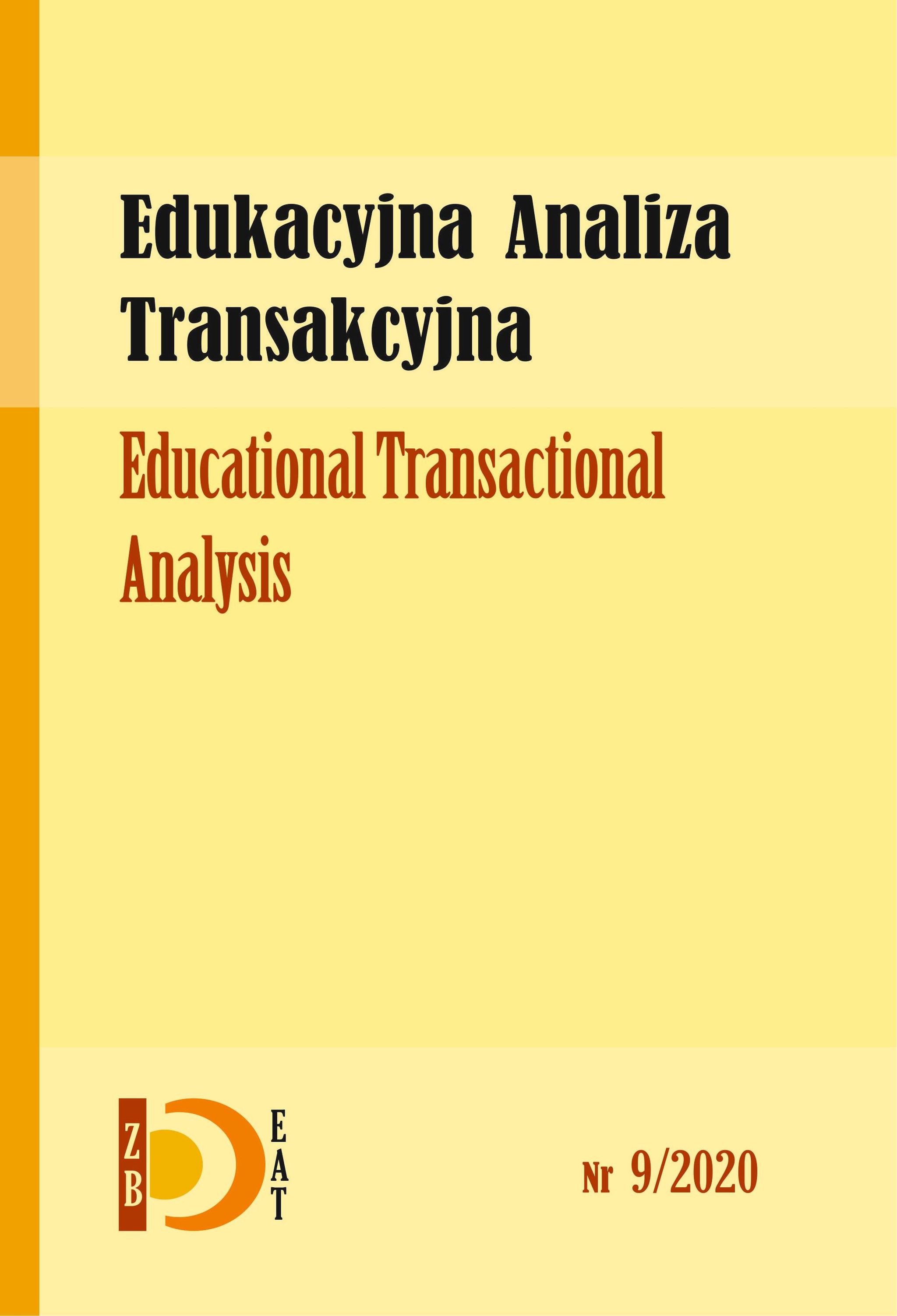Symptoms of anxiety and depression in social media in connection with the threat of COVID-19
DOI:
https://doi.org/10.16926/eat.2020.09.09Keywords:
depression, social media, big data, covid-19Abstract
Professional literature usually perceives the Internet and social media from the perspective of threat. Many papers describe the risk of using the Internet, both practical one concerning threatened security or finances and psychological one pertaining to addiction or depression. However, more and more often the cyberspace is treated as the research subject in itself or an area where one can analyse behaviours of Internet users. This paper is an example of the latter approach. With the help of the Big Data analysis of social media, Kessler Psychological Distress Scale (K10) shall be used to compare how often suicidal behaviour symptoms occurred in Internet users’ posts this year and the year preceding the COVID-19 threat.
Downloads
References
Cacheda F, Fernandez D, Novoa FJ, Carneiro V(2019) Early Detection of Depression: Social Network Analysis and Random Forest Techniques, J Med Internet Res,21(6):e12554
DOI: 10.2196/12554
Chancellor, S., De Choudhury, M. (2020). Methods in predictive techniques for mental health status on social media: a critical review. npj Digital Medicine 3, 43 https://doi.org/10.1038/s41746-020-0233-7
Ford, E., Curlewis, K., Wongkoblap, A., Curcin, V. (2019) Public Opinions on Using Social Media Content to Identify Users With Depression and Target Mental Health Care Advertising: Mixed Methods Survey, Journal of Medical Internet Research, 6 (11) ):e12942, doi:10.2196/12942
Furukawa, T.A., Kessler, R.C., Slade, T., Andrews, G. (2003). The performance of the K6 and K10 screening scales for psychological distress in the Australian National Survey of Mental Health and Well-Being Psychological Medicine. 33:357-362
Guntuku, S., Yaden, D., Kern, M., Ungar, L., Eichstaedt, J. (2017) Detecting depression and mental illness on social media: an integrative review, Current Opinion in Behavioral Sciences, Volume 18, pages 43-49, ISSN 2352-1546, https://doi.org/10.1016/j.cobeha.2017.07.005.
Janczyk, J. (2016). Big Data w relacji do procesów zmian w edukacji. Dydaktyka Informatyki,11, 100–108, http://dx.doi.org/10.15584/di.2016.11.13.
Johannes C. Eichstaedt, Robert J. Smith, Raina M. Merchant, Lyle H. Ungar, Patrick Crutchley, Daniel Preoţiuc-Pietro, David A. Asch, H. Andrew Schwartz (2018) Facebook language predicts depression in medical records, Proceedings of the National Academy of Sciences Oct 2018, 115 (44) 11203-11208; DOI: 10.1073/pnas.1802331115
Kessler, R.C., Barker, P.R., Colpe, L.J., Epstein, J.F., Gfroerer, J.C., Hiripi, E., Howes, M.J, Normand, S-L.T., Manderscheid, R.W., Walters, E.E., Zaslavsky, A.M. (2003). Screening for serious mental illness in the general population. Archives of General Psychiatry. 60(2), 184-189
Kessler, R.C., Andrews, G., Colpe, L.J., Hiripi, E., Mroczek, D.K., Normand, S.-L.T., Walters, E.E., & Zaslavsky, A. (2002). Short screening scales to monitor population prevalances and trends in nonspecific psychological distress. Psychological Medicine. 32(6), 959-976.
Kessler, R.C., Green, J.G., Gruber, M.J., Sampson, N.A., Bromet, E., Cuitan, M., Furukawa, T.A., Gureje, O., Hinkov, H., Hu, C.Y., Lara, C., Lee, S., Mneimneh, Z., Myer, L., Oakley-Browne, M., Posada-Villa, J., Sagar, R., Viana, M.C., Zaslavsky, A.M. (2010). Screening for serious mental illness in the general population with the K6 screening scale: results from the WHO World Mental Health (WMH) survey initiative. International Journal of Methods in Psychiatric Research 19(S1), 4-22. Erratum in International Journal of Methods in Psychiatric Research 2011 Mar;20(1):62
Kim, J., Lee, J., Park, E. (2020) A deep learning model for detecting mental illness from user content on social media. Scientific Reports 10, article: 11846. https://doi.org/10.1038/s41598-020-68764-y
Reece, A.G., Danforth, C.M. Instagram photos reveal predictive markers of depression. EPJ Data Sci. 6, 15 (2017). https://doi.org/10.1140/epjds/s13688-017-0110-z
Wieczorek, Z. (2018). Wykorzystanie analizy transakcyjnej w badaniach mediów społecznościowych. Edukacyjna Analiza Transakcyjna, (7), 133-159. https://doi.org/10.16926/eat.2018.07.09
Wieczorek, Z. (2019). Depresja w świetle teorii analizy transakcyjnej - analiza mediów społecznościowych przy pomocy Big Data. Edukacyjna Analiza Transakcyjna, (8), 91-115. https://doi.org/10.16926/eat.2019.08.07
Żulicki, R. (2017). Potencjał big data w badaniach społecznych. Studia Socjolo-giczne,3(226), 175–207.
Downloads
Published
How to Cite
Issue
Section
License
Copyright (c) 2021 Zbigniew Wieczorek

This work is licensed under a Creative Commons Attribution 4.0 International License.
I am aware that the Educational Transactional Analysis journal is published under a Creative Commons license - Attribution (https://creativecommons.org/licenses/by/4.0/legalcode).
By submitting the article, I agree to make it available under this license

